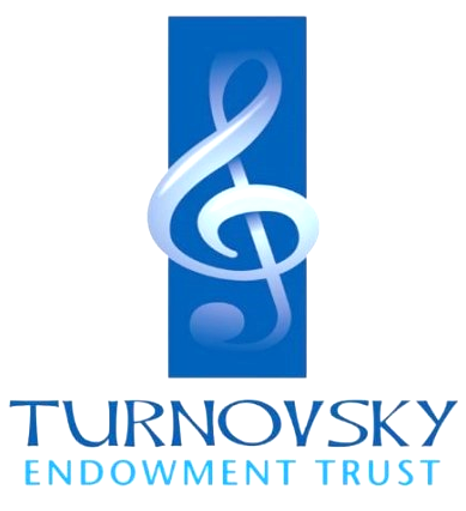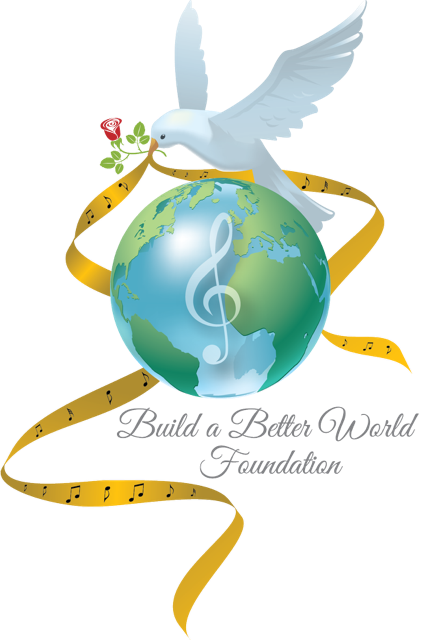A Kalahari Eclogue
Keith Moss
The Kalahari Desert is mostly a semi-arid sandy savanna that stretches across most of Botswana, and parts of Namibia and South Africa. Kalahari is derived from the Buntu words Kgala and gadi, meaning "a waterless place”.
This work, commissioned by SOUNZ for Orchestra Wellington and Arohanui Strings – Sistema, looks at that great expanse and captures the red landscape in music. The musical material is simple, and Keith Moss treats that material with elements of music making from South Africa and echo a traditional Xhosa bowed instrument called an Uhadi.
The focus of the piece is to paint that landscape for the listener, at times in the deep quiet night or the heat of the day, that is why Keith Moss has called it an Eclogue. This piece may be bucolic, but it also uses the orchestra at force, conjuring those mighty lightning storms that bring so little relief for the life that clings to the desert for survival.
Porgy and Bess
George Gershwin (1898 – 1937), arr. Russ Garcia (1916 – 2011)
Gershwin based his opera on a 1925 novel by DuBose Heyward about a crippled Charleston man who got around on a goat-cart. The novel, turned into a play by DuBose and his wife, became a tremendously successful play. In 1934, Gershwin was invited to the Heyward’s summer house at Folly Beach, near Charleston. Catfish Row, the fictional location of Porgy and Bess, is based on a street in nearby James Island mostly inhabited by the Gullahs, descendants of the African coastal towns who made their living as fishermen and stevedores. Gershwin immersed himself in the Gullah’s musical and speech rhythms, and attended their religious revivals, which had their own unique vocal patterns. The result, which Gershwin called a folk opera, blended classical, jazz, gospel, spirituals and blues in a completely new way. The story of between Porgy, a crippled beggar blessed with optimism, and Bess, an outcast woman cursed with a violent jailbird boyfriend, is rich with drama, danger, love, danger and compassion.
Russ Garcia arranged the opera in 1956 for the second complete recording of the opera and the first to use, instead of classically-trained performers, jazz singers (in this case Mel Torme and Frances Faye) and musicians drawn from, among other groups, the Duke Ellington Band. Garcia recorded it again in 1957 with Ella Fitzgerald and Louis Armstrong in the lead roles, and a big orchestra of strings, horns and woodwinds. The album won a Grammy Hall of Fame award.
The Jazz Age is generously supported by Turnovsky Endowment Trust, Artist Partner.
 The Jazz Age is generously supported by Build A Better World Foundation, Concert Partner.
The Jazz Age is generously supported by Build A Better World Foundation, Concert Partner.

